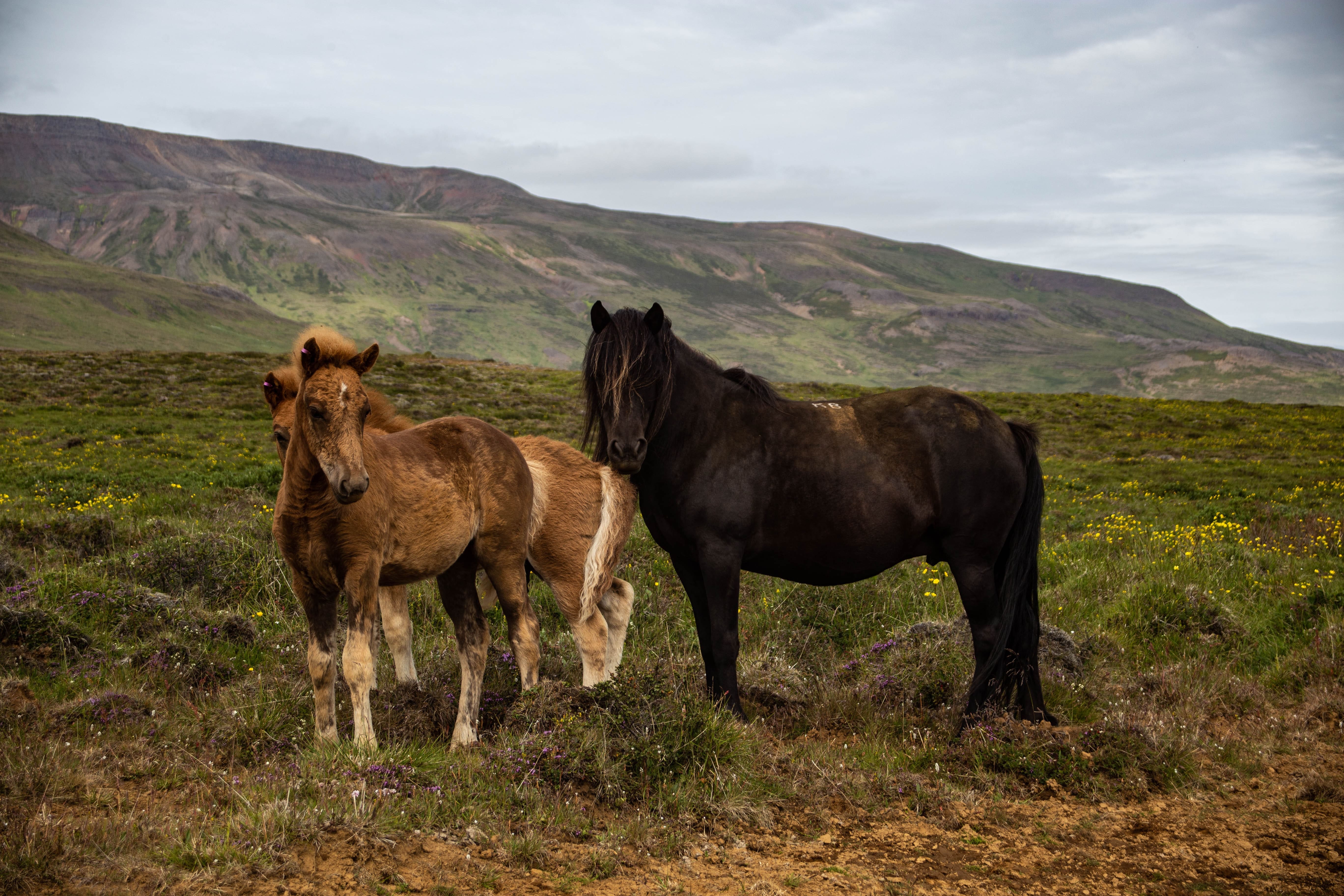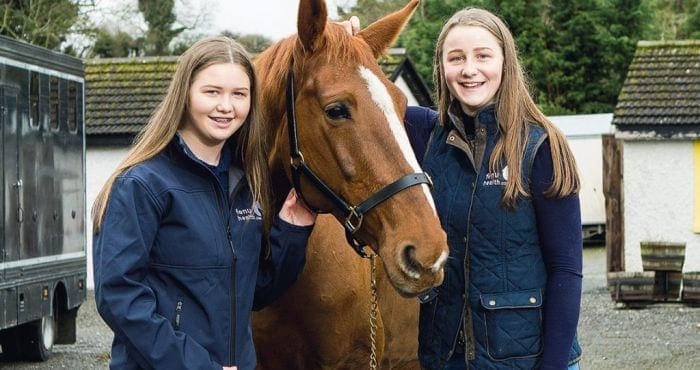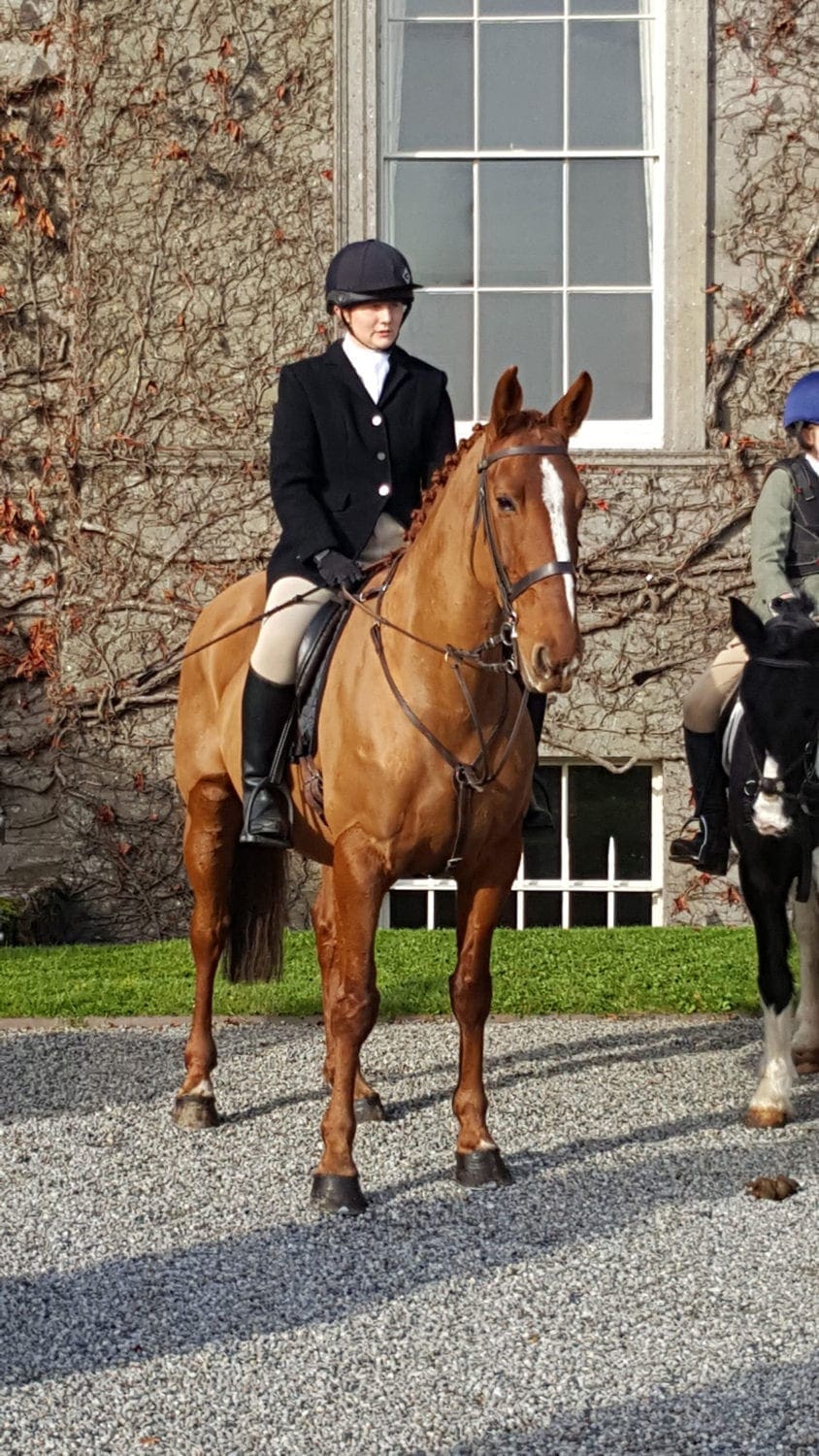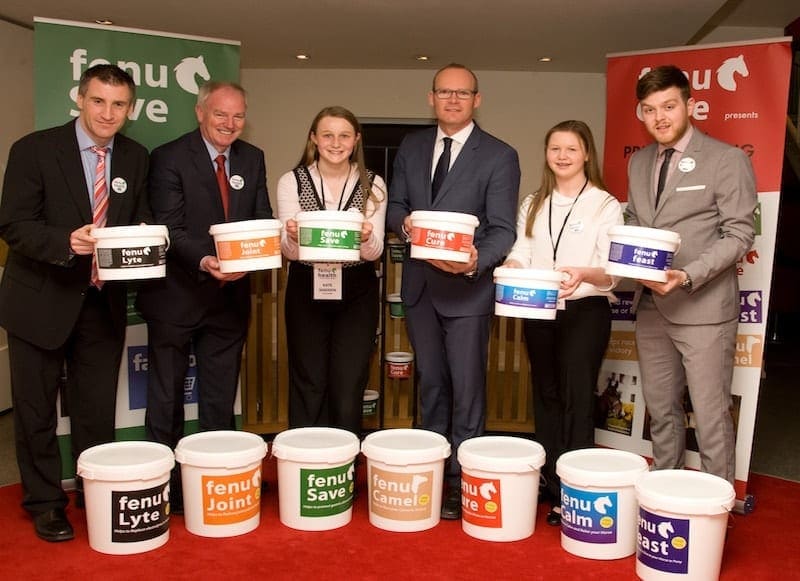Does your Horse have signs of stomach problems?
If your horse has a poor appetite, soft droppings, dull hair or is irritable they could have gastric issues. It is important to know all of the signs of gastric issues so that you can lower your costs.
Gastric Issues are Common in Horses
Know the signs and prevent gastric distress naturally
- Poor Appetite
- Weight Loss
- Poor Body Condition
- Soft Droppings
- Poor Hair Coat
- Mild Colic
- Teeth Grinding
- Irritable
- Poor Performance
- Reduced Feed Intake
- Lying Down more than normal
- Difficult when Girthing-up
Understanding the Vicious Cycle of Gastric Issues in Horses

The stomach capacity of an equine is approximately 10% of the small intestine [in contrast with a cow which is 70% approx]. Thus, horses must eat small amounts often.
Wild Horses are different to Stable Horses
In the wild, horses have 60,000 chews in a day producing 20 litres of saliva. Saliva naturally helps protect the stomach. Wild horses are constantly tearing short strands of grass which encourages the production of saliva.
Stabled horses do not need to work for their food and often their hay/haylage/fodder is in long strands. These long strands requires far fewer chews with a very large reduction in the production of saliva.
When stabled horses have eaten their allocated feed it passes through the stomach, leaving the acid to attack the stomach itself!
Feeding Horses & Ponies
FenuHealth recommendations
FenuHealth recommend that all horses when stabled should have access to hay/haylage 24 hours a day. For owners wanting to limit the amount of hay/haylage being fed, FenuHealth recommends the use of a hay net with smaller openings – ideally of less than 3cms as this will slow down the rate of consumption.
Common Stress Factors
- Training and competition
- Trailering and travel
- Confinement or lay-up due to sickness or injury
- Limited turnout or grazing
- Changes in routine and social regrouping
- Weaning
Something to Chew On…
According to ANMG many trainers have reported an increase in muscle while continuing to feed the same weight of hard feed. Such reports have been received from trainers who weigh their horses frequently and observed the difference when they first introduced a selection of their horses to FenuSave and FenuCare.
Take a Horse Selfie #SeeingIsBelieving
We love seeing how much FenuHealth maintains your horses well-being. Take a before and after selfie pic and share it with us. We are active on Twitter and Facebook so send us your selfies now.





